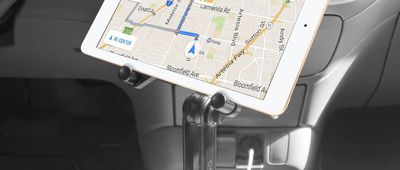An RV — Without Regret
If this is the year you're finally going to realize your dream of buying an RV, congratulations — few things can compete in terms of freedom and adventure. But instead of looking at an RV as your ticket to chasing wanderlust in a carefree life on the road, think of it as what it is: a five- or even six-digit investment that depreciates quickly and comes with a seemingly endless list of things that can potentially go wrong. From where and when to buy, to factors you likely haven't considered, to what to avoid, here is some expert advice, tips, and tricks on how to leave the dealer with the RV of your dreams and no buyer's remorse.































